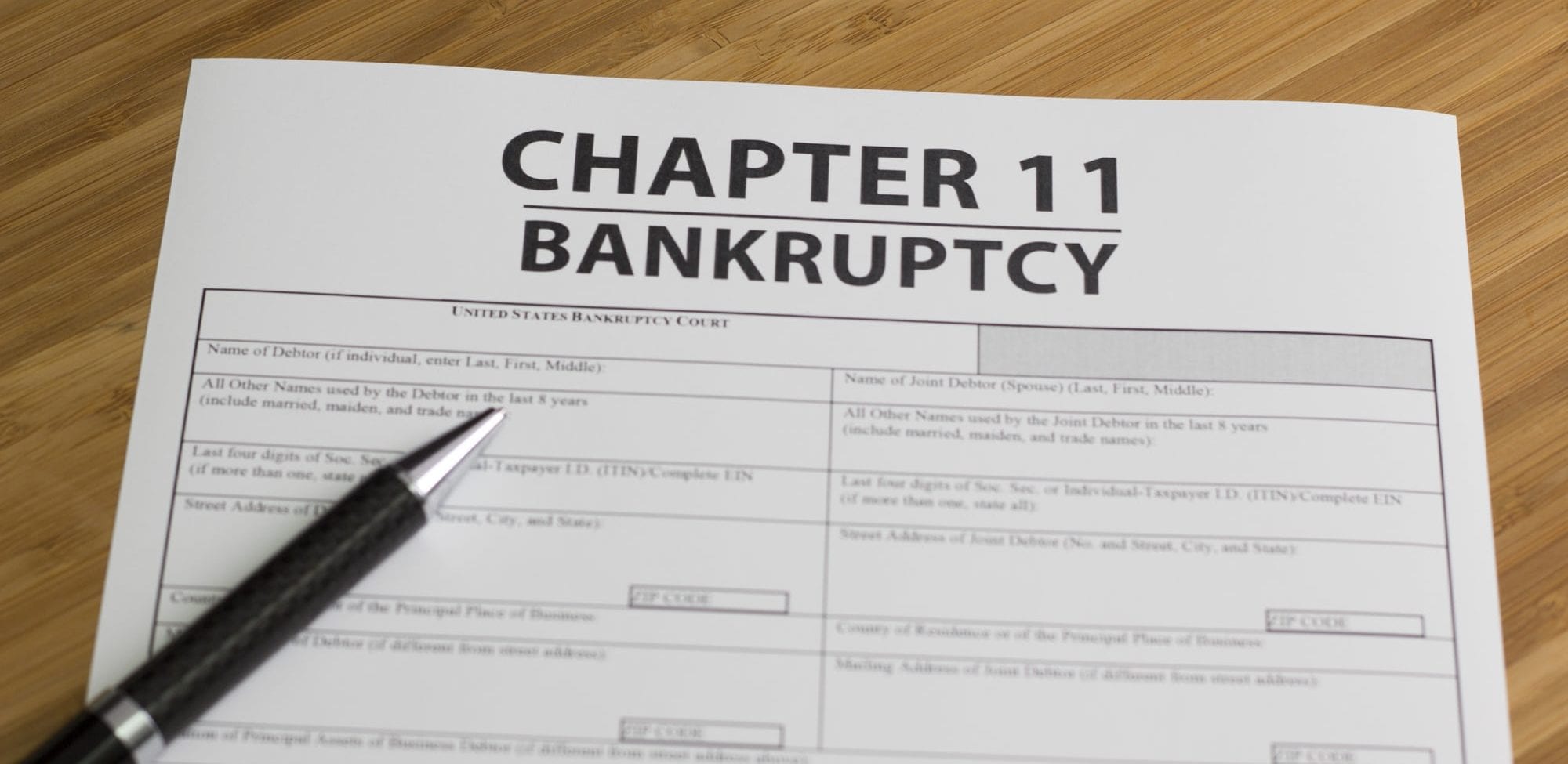Bankruptcy can provide relief for people who are unable to pay their debts. However, it does not clear all debts. Certain types of debts cannot be discharged through bankruptcy.
What debts can be discharged in bankruptcy?
The most common types of debt that can be discharged in bankruptcy include:
– Credit card debt
– Medical bills
– Personal loans
– Payday loans
– Utility bills
– Auto loans
– Debt owed to friends, family members, or other individuals
If you file for Chapter 7 bankruptcy, most unsecured debts without collateral can be discharged. This includes credit card debt, medical bills, personal loans, payday loans, past-due utility bills, etc. The key factor is that the creditor does not have a lien or security interest in any of your property.
In Chapter 13 bankruptcy, you can discharge much of the same types of unsecured debt over the 3-5 year repayment plan. The difference is that you will be required to repay a portion of the debt.
What debts cannot be discharged in bankruptcy?
There are certain debts that cannot be wiped away through bankruptcy:
– Federal and state taxes
– Student loans
– Spousal and child support
– Fines and penalties owed to government entities
– Mortgages and auto loans
– Debts resulting from fraud
Taxes owed to federal, state, and local governments cannot be discharged. The only exception is if the tax debt is over 3 years old. Student loans are notoriously difficult to discharge in bankruptcy except in cases of undue hardship.
Alimony, child support, and other domestic support obligations cannot be discharged either. You also remain liable for any criminal fines, traffic tickets, and penalties imposed for breaking the law.
Debts incurred by fraud, false pretenses, or malicious behavior are also non-dischargeable. And secured debts like mortgages and auto loans generally cannot be discharged unless you surrender the property.
How does bankruptcy affect credit scores?
Filing for bankruptcy will negatively impact your credit scores. For Chapter 7 bankruptcy, you can expect your credit scores to drop by anywhere from 130-150 points initially. The bankruptcy will remain on your credit reports for 7-10 years.
With Chapter 13 bankruptcy, the impact may be less severe. Often there is less than a 100 point drop. However, the bankruptcy will remain on your credit for the 7-10 years you are repaying debts under the plan.
This makes it very difficult to obtain new credit right after bankruptcy. You will likely need to rely on secured credit cards and other options to start rebuilding credit. Bankruptcy will also remain on your credit reports for 10 years after filing.
Does bankruptcy clear all debts? The bottom line…
While bankruptcy can provide relief from burdensome unsecured debts, it does not clear all debts in most cases. Certain debts like taxes, mortgages, student loans, and auto loans often cannot be discharged. Bankruptcy also severely damages your credit scores for many years.
Those considering bankruptcy should weigh all their options, and meet with a bankruptcy attorney to discuss their specific situation. While it can wipe away many unsecured debts, bankruptcy also comes with long-term consequences that need to be carefully considered.







